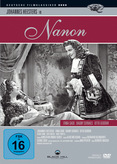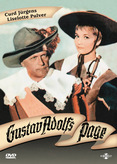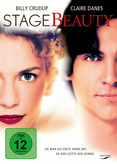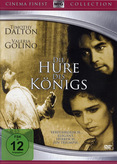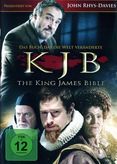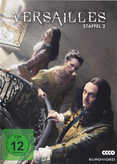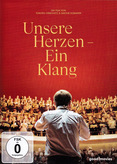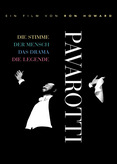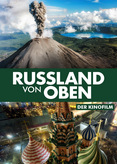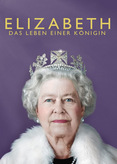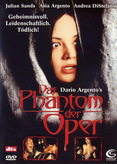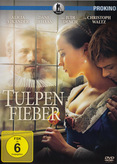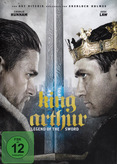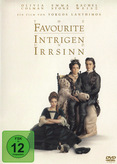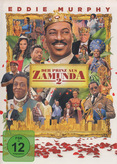Eine Opernverfilmung um das russische Imperium des 17. Jahrhunderts und seinem unrechtmäßigen Zaren Boris Godunow. Das Libretto stammt vom Komponisten Modest Mussorgski nach dem Drama von Alexander Sergejewitsch Puschkin: Nach dem Tod des Zaren Feodor, Sohn Iwan des Schrecklichen, soll Boris Godunow (Ruggero Raimondi) neuer Zar werden. Das Volk fürchtet den Emporkömmling und wird gezwungen Boris anzuflehen, er möge die Zarenkrone annehmen. Dieser möchte nach außen den Eindruck erwecken, als erstrebe er nicht aus eigenem Antrieb die Zarenwürde, sondern als werde sie ihm vom russischen Volk aufgedrängt. Vor der Kathedrale von Moskau empfängt das jubelnde Volk Boris, der sich zur feierlichen Krönung begibt. Endlich an der Macht verspricht er, ein gerechter Herrscher zu sein. In der Oper von Modest Mussorgski übernimmt neben dem Titelhelden, vor allem das russische Volk - das jubelnde, hungernde, das fordernde und fragende - die eigentliche Hauptrolle.
An opera adaptation about the Russian Empire of the 17th century and its illegitimate Tsar Boris Godunov. The libretto is by the composer Modest Mussorgsky based on the drama by Alexander Sergeyevich Pushkin: After the death of Tsar Feodor, son of Ivan the Terrible, Boris Godunov (Ruggero Raimondi) is to become the new Tsar. The people fear the upstart and are forced to beg Boris to accept the tsar's crown. The latter wants to give the impression to the outside world that he is not striving for the tsarist dignity of his own accord, but as if it is being forced upon him by the Russian people. In front of the cathedral in Moscow, the cheering people welcome Boris, who goes to the ceremonial coronation. Finally in power, he promises to be a just ruler. In Modest Mussorgsky's opera, in addition to the title hero, it is above all the Russian people - the jubilant, the starving, the demanding and the questioning - who take on the actual leading role.






